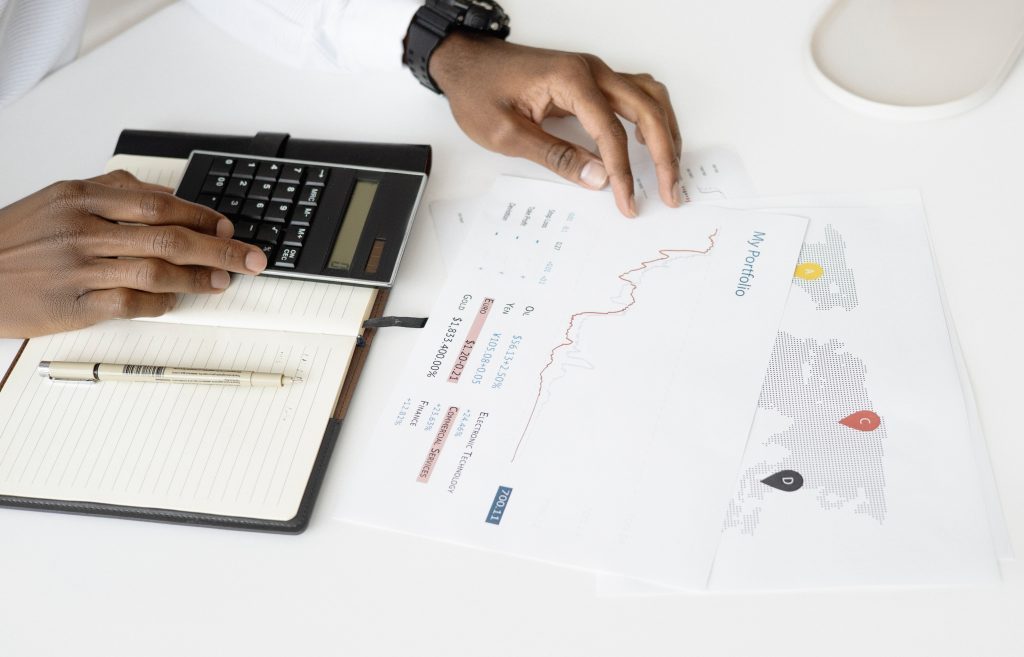5 Accounting Tips For Small Businesses
Small businesses start off simple and become complex remarkably fast. If you’re a small business owner, you’ve undoubtedly encountered a lot of complications regarding running your business, from taxes to bookkeeping. As
The Balance SMB mentions, many people use bookkeeping and accounting as interchangeable terms when they aren’t
. Bookkeeping is the physical act of recording business transactions, while accounting relies on using insights from those entries to improve the business. Here are a few small business accounting rules of thumb for your business that it may be helpful to know.
Don’t Mix Business and Pleasure
Most small businesses have their own savings or checking accounts, especially for their transactions. These are separate and distinct from your personal savings or checking account. It may be tempting to dip into your business funds for things like buying something for the home or a vacation, but this sort of spending is heavily frowned upon. Investopedia terms this “commingling” and explains that sometimes it may lead to illegality. Keeping your personal finances and business finances separate also makes it easier to do small business accounting for both entities.
Make a Note of Each Business Expense
It might be challenging to record every single business expense in the heat of the moment, but you should make every effort to do so. Each purchase receipt you collect should also be kept in case the IRS decides to audit the business. In the past, this resulted in piles of paper serving as a fire hazard in some offices. Today, it’s much more straightforward, with business owners being able to take a picture of the receipt and store it on a cloud server for later reference.
Do a Balance Sheet and Update it Regularly
The balance sheet is one of the first things accounting students learn how to do. It’s a record of the business’s assets and liabilities and the company’s total equity after all those have been calculated. The balance sheet is a check of how much the business is worth. In addition to a balance sheet, companies should also put together an income statement that informs them whether they made a profit the previous month or not.
Follow the Right Methodology
Accounting goes further than just making random records of sales and purchases on sheets of paper. It needs to follow a methodology. There are two prevailing methods for small business accounting. The cash basis method uses sales as its measure of when to make an entry, and it records the access only after payment is made to the business. The accrual method is a deferred entry system, where the company makes an entry on a particular day that a sale or purchase is made, regardless of if payment is received for it.
Take The Time you Need
Accounting is a thankless task, but it needs to be done if you want to have any confidence in your business. If you take a few moments out of every day to do your updates, you won’t have to leave the accounting for an entire day or weekend. Time management is one of the most vital parts of ensuring your small business accounting happens and that your records are up to date. You may not need to update entries every time something happens, but the longer you take, the foggier your memory gets.
Small Business Accounting is a Field of Its Own
Most small business owners either start with a basic understanding of keeping accounts or develop them quickly as a response to running a company. Regardless of what your business holdings are worth, your accounting helps you ensure those holdings’ value. However, as a business grows, the owner may require help and look to outsource their current small business accounting to a freelancer or a private firm.

